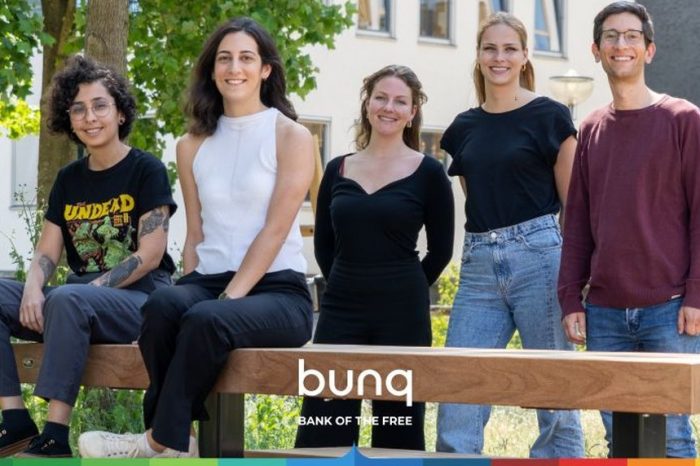OpenAI in talks to raise $11.5 billion at a $150 billion valuation

OpenAI is in talks to raise new funding at a $150 billion valuation, up from its previous $86 billion, Bloomberg reported on Wednesday. The move aims to solidify its standing as one of the largest startups globally.
The company behind the popular chatbot ChatGPT is negotiating to raise $6.5 billion from investors and an additional $5 billion in bank debt through a revolving credit facility, sources familiar with the matter revealed.
“OpenAI is in talks to raise $6.5 billion from investors at a valuation of $150 billion, according to people familiar with the situation. The new valuation, a figure that doesn’t include the money being raised, is significantly higher than the $86 billion valuation from the company’s tender offer earlier this year, and cements its place as one of the most valuable startups in the world,” Bloomberg reported.
This news follows reports from two weeks ago about OpenAI seeking funds at a valuation exceeding $100 billion. Investors include Thrive Capital and Microsoft, representing the largest funding boost since Microsoft’s investment of nearly $10 billion in January last year.
OpenAI, fueled by the success of ChatGPT, has quickly emerged as a leading force in artificial intelligence. Under the leadership of Sam Altman, with support from Microsoft, the company has sparked renewed enthusiasm for AI across Silicon Valley.
Despite surpassing $3.4 billion in revenue earlier this year, OpenAI is expected to face losses nearing $5 billion by the end of the year. The company has so far spent $8.5 billion on AI development and staffing, driving its growth to become the most highly valued AI startup.
Thrive Capital is leading the current funding round with an investment of around $1 billion, and Microsoft is also expected to participate. Details regarding other potential investors remain uncertain. Among OpenAI’s current backers are Khosla Ventures, Infosys, and Y Combinator.
This funding round is anticipated to be the largest for OpenAI since Microsoft’s significant investment in January 2023. Despite strong revenue numbers, OpenAI is facing substantial financial hurdles as it continues to pour resources into AI research and expand its operations.
The new funds will enable OpenAI to remain private for a longer period. Many prominent startups are opting to stay private to avoid regulatory expenses and the unpredictable nature of the stock markets.
Alternative capital sources, like private equity firms and funds such as Destiny Tech100 and ARK Venture Fund, have also reduced the attractiveness of initial public offerings.
However, investors still favor the liquidity that public markets provide. “Venture capitalists will seek liquidity, either through a sale or a public offering,” Chelsea Childs, a partner at law firm Ropes & Gray, told Reuters.
The current fundraising efforts are modest compared to the $7 trillion in new funding that OpenAI CEO Sam Altman reportedly aimed for in February. This ambitious funding was part of Altman’s strategy to significantly increase the global supply of AI chips.
Founded in 2015 by Sam Altman and Elon Musk, OpenAI started as a nonprofit focused on developing safe and beneficial artificial general intelligence. In 2020, it shifted to a commercial model, marking a significant shift in its strategy. Despite internal challenges, including Altman’s brief departure in November, OpenAI remains at the forefront of the AI industry, driven by the success of ChatGPT, launched in 2022.




